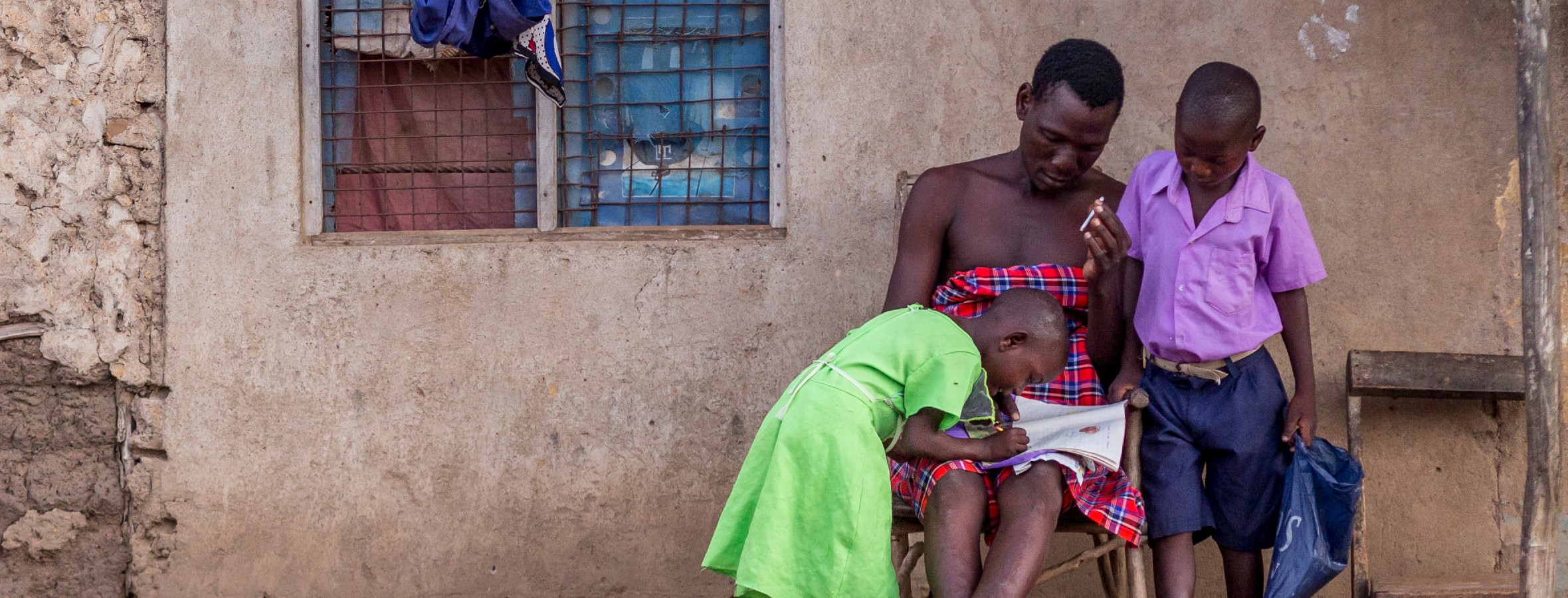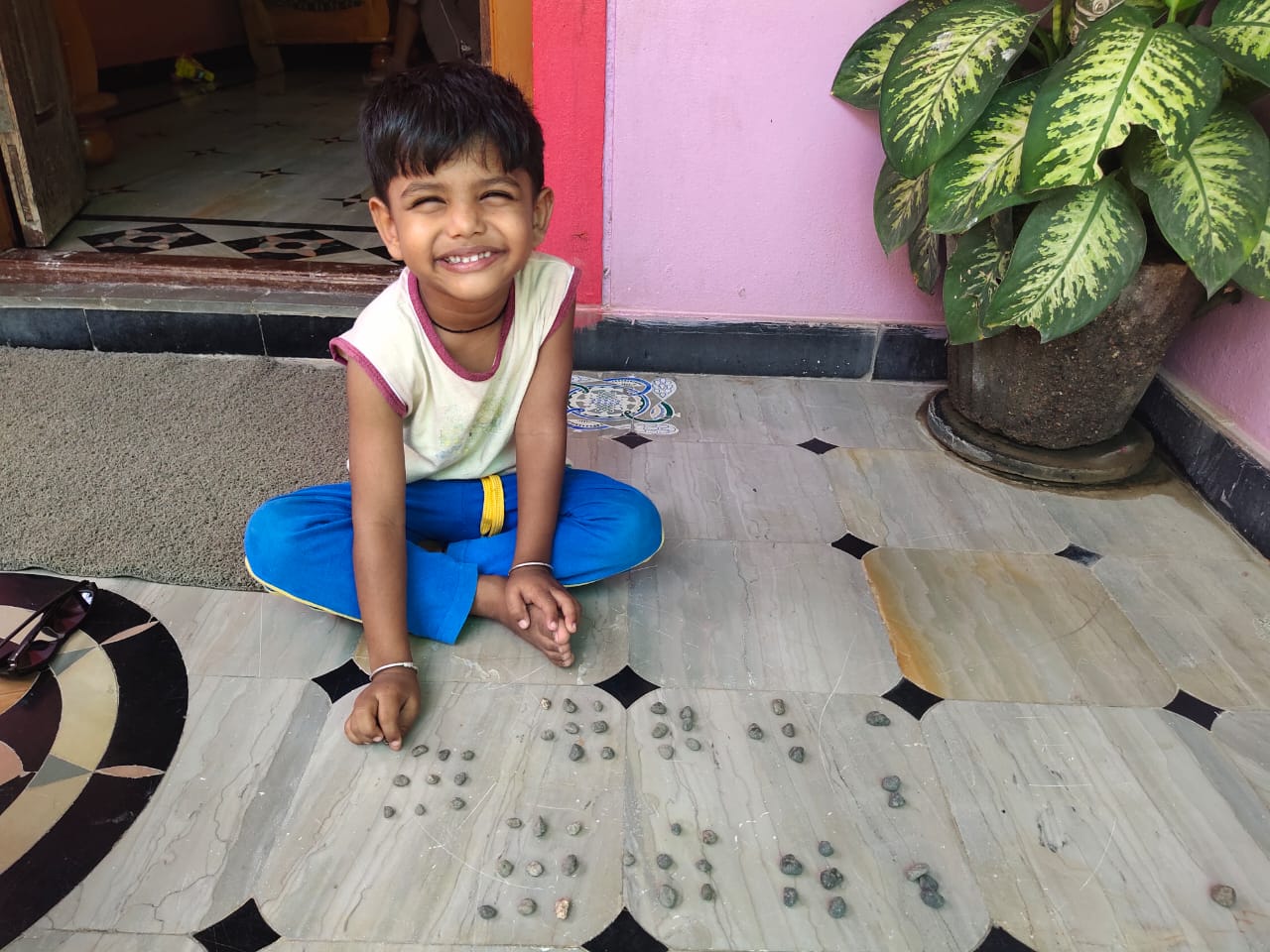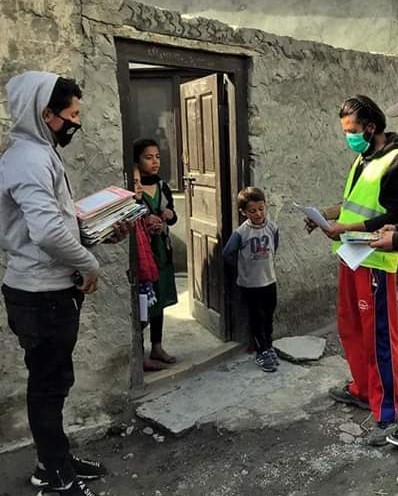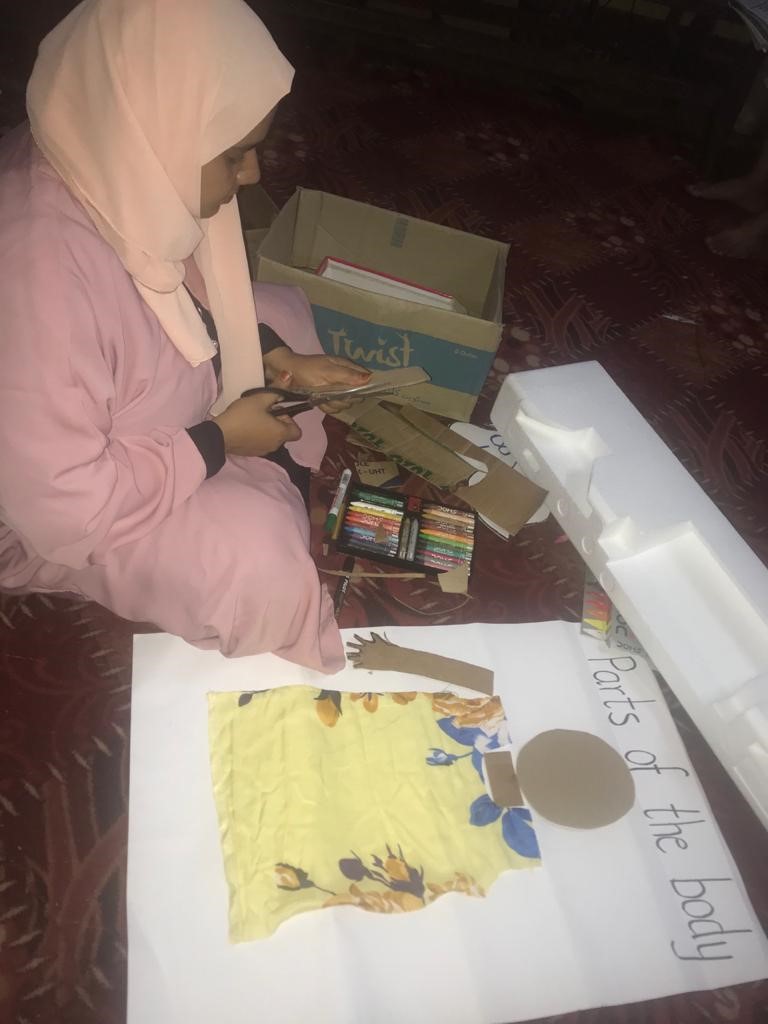
- Programs & Services
- Learning & Development
- Health & Wellness
- Faith & Traditions
- Economic & Financial Planning
- Community Engagement
- Support Services
- News
- Upcoming Events
- Watch Now
- Opportunities
- the.ismaili
- Feedback
- Login

From pre-primary through to post-secondary, UNESCO estimates that school closures impacted 1.5 billion students in April 2020, accounting for 90 percent of the world’s learners. While many have since returned to class, the pandemic continues to affect the education of millions of students.
These closures disproportionately affect girls and women, who may be more exposed to COVID-19 as caregivers within the home who are primarily responsible for duties such as tending to the ill. They may also be overburdened by household chores and face increased domestic violence, making it difficult to continue learning at a distance.
Despite these grim facts, the pandemic has presented new ways of thinking about education and how to ensure that everyone has access (a challenge that existed even before COVID-19).
“The fact that schools are closed or virtual in some cases is very concerning to us. We are seeing, though … real innovations,” says Sweta Shah, Aga Khan Foundation’s (AKF) global lead for early child development.
While many Canadians turned to their Wi-Fi to keep learning and working during COVID-19, personal internet connections are out of reach for many living in Africa and Asia.


“We had to look at places where there was no connectivity or minimal connectivity and that's where the innovation was quite significant,” says Nimet Rener, the director of Aga Khan Education Services (AKES). In Afghanistan, AKES gave SIM cards to teachers and families, so that they could connect over the phone. Packages of teaching materials for parents to use with their children were made for those who had no connectivity at all, and teachers volunteered to deliver these packages to households.
“We've had staff walking miles to get these packs to families. All this interaction has meant that we were also able to communicate health messages around COVID,” says Rener.
Working at the household level has also created an opportunity to deliver messages about gender equality and the importance of girls’ education directly to parents. For instance, learning materials use examples and pictures that challenge harmful gender norms, such as the notion that girls should take on a greater share of the household work than boys.
The Aga Khan Development Network (AKDN) has also partnered with local media to reach households. In Kenya, AKF animated and filmed a series of short videos drawn from storybooks with support from Aga Khan Foundation Canada, the Government of Canada and the LEGO Foundation. Called “Night-Time Tales”, the series was broadcast on national television to encourage a passion for books and reading in kids.
In Tanzania, the AKDN has supported radio programs that focus on literacy and numeracy skills. These radio spots, usually 15 minutes or shorter, lead families through activities to practice these skills at home.
“We've done some surveys in Tanzania to look at the impact of this, and we've been really excited to hear that parents are engaging with their children more,” says Shah. “Some of the activities that they hear about on radio, they're actually continuing to practice with their kids at home.”

She adds that this is an unforeseen benefit to the pandemic that could contribute to better education results over the long term.
“We promote parents as the first and most important teachers for their children,” says Shah. “Parents are learning through this process about their own role, and [it is] empowering them to really be in the driver's seat with their children's education.”
Learn more about AKDN education programs supported by Canadians at akfc.ca/focus/education